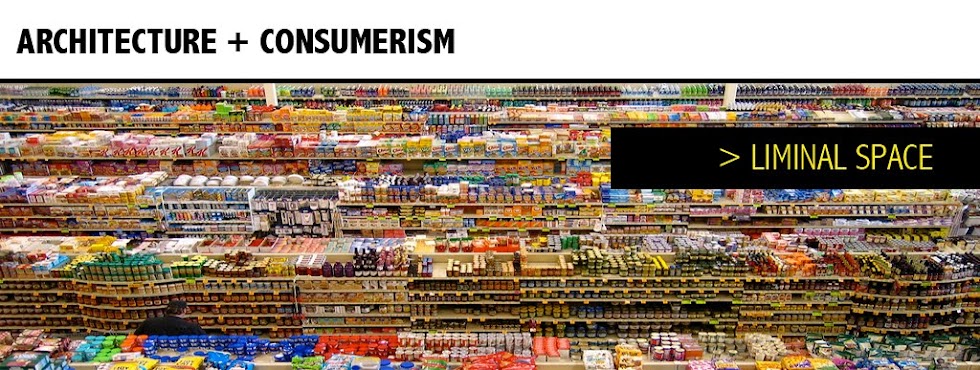Distaste and Dislike in Consumer Behavior
RICHARD R. WILK
...The Commodity Critique
In the United States conservative elitists often adopt a moralistic anti-consumption position, since they see mass consumer culture as a symptom of what they hate; the commercialism of democracy based on wealth and power instead of culture, position and education. From this perspective, mass culture is a pale substitute for the real thing--an opium for masses who no longer know their place, and don't have the knowledge and taste to appreciate the finer things.
... The Primitive and the Modern
Our captivation with desire, wants, and needs also has roots in 19th century critiques of industrial commodity culture and modernity, the lament of the passing of authentic social values and their replacement with unending and insatiable desire for goods (see Falk 1994:109). Attention has been directed towards modernity as a system where desire is out of control, where the dream world of goods replaces the social and moral pleasures that restrained consumption in traditional society. In the literature on consumerism, objects build identity, and desire is an investment of meaning in things, in a process of building the self (Czikszentmihalyi and Rochberg-Halton 1981). Denial, in the form of disgust or phobia is on the other hand treated as a pathology, as the rejection of identity, failure to become a separate individual, to mature, or to form normal attachments.
Link for full text.
http://www.indiana.edu/~wanthro/disgust.htm
